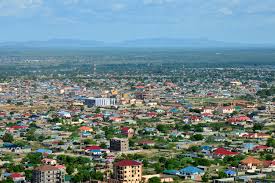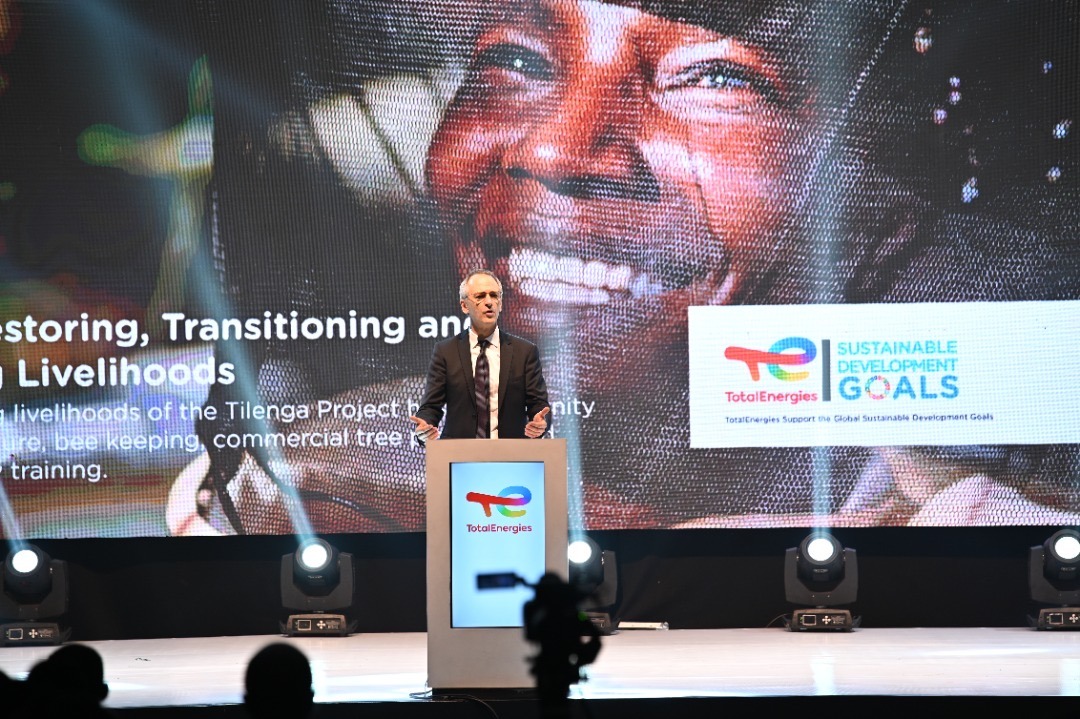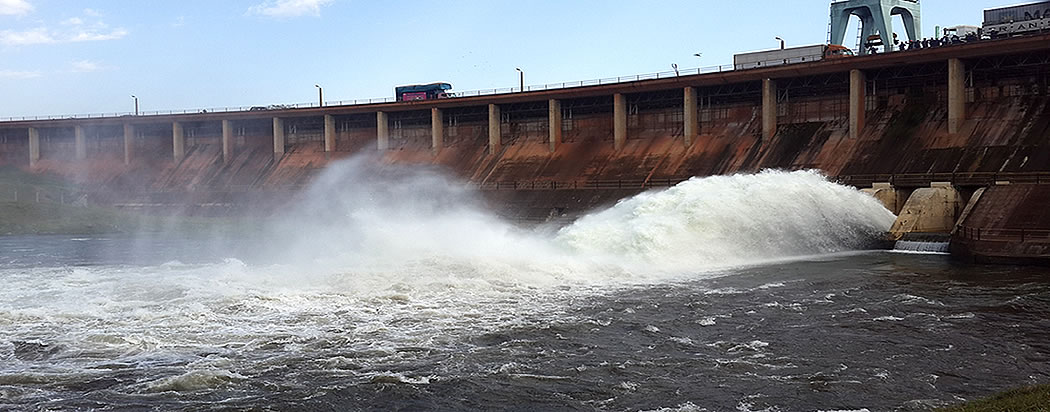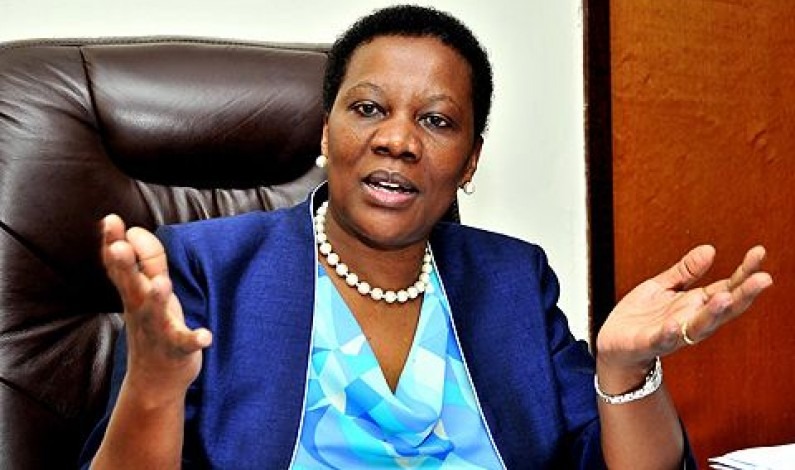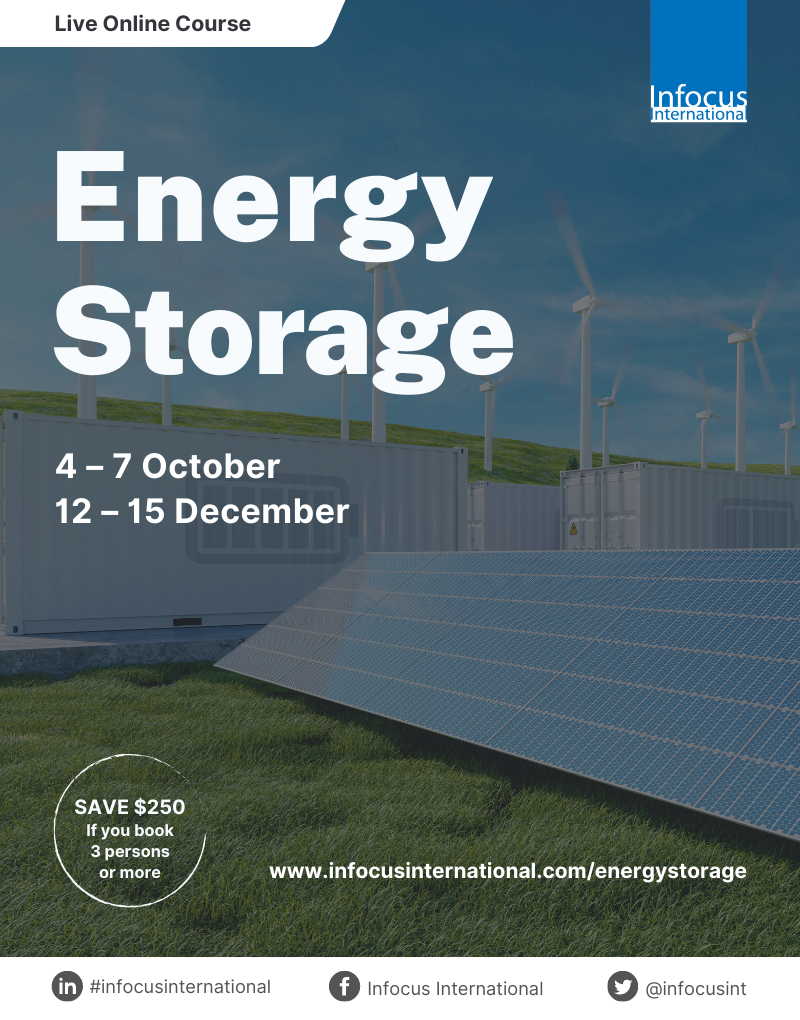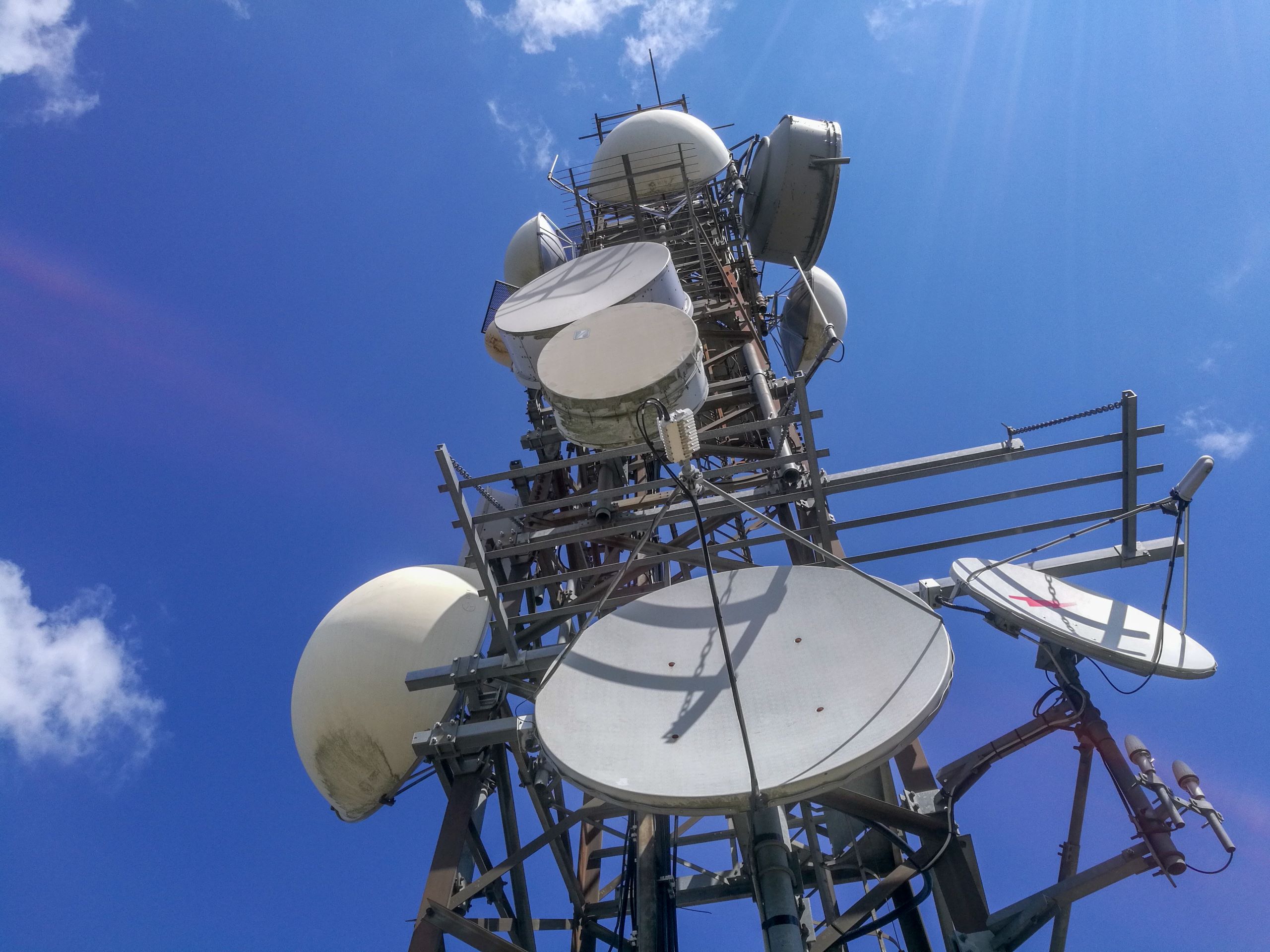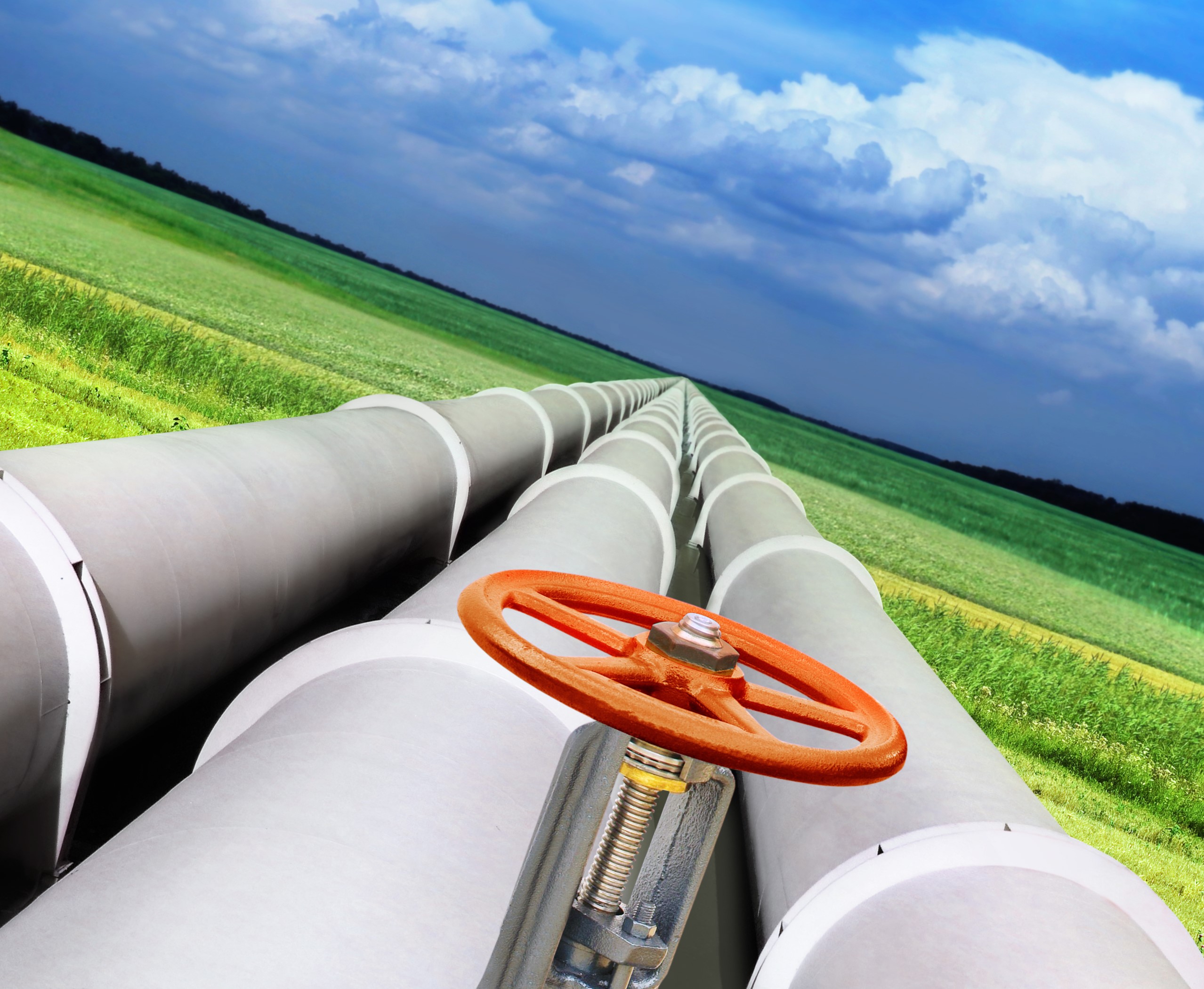The African Development Bank (AfDB) has approved US $14.57 million to rehabilitate and expand electricity distribution networks in Juba, South Sudan’s capital.
The power distribution system rehabilitation and expansion project is aimed at enhancing the power distribution networks in Juba to provide reliable electricity supply from existing and future generation facilities and thus satisfy the suppressed load and demand growth in the city.
South Sudan, one of the countries with the lowest electricity connectivity in the world, generates over 90 per cent of its power from small scale thermal sources. The country expects to tap into huge hydro-power investment made by its neghbouring countries Ethiopia and Uganda to meet some of its needs.
The rehabilitation and expansion project consists of the construction of 145 km of 33 kV lines; 370 km of 415/230 volt lines; the purchase and installation of 195 transformer stations, as well as 20,000 prepaid meters for connecting 20,000 new customers.
The AfDB said this project- highly aligned with the Bank’s High 5s for Powering and Lighting up Africa- will increase the electrification rate in south Sudan, both for residential and commercial use.
This amount is a supplementary loan meant to cover the budget deficit of the total project. In December 2013, AfDB through its African Development Fund facility approved a total grant of US$26 million for the project. The original amount was used to fund the whole scope of the project which includes recruitment of the project supervision and management consultant and distribution systems construction contractor.
Gabriel Negatu, the AfDB Director General, East Africa Regional Development and Business Delivery Office, said, “South Sudan being amongst the poorest countries in Sub-Saharan Africa requires huge support from development partners. The country’s infrastructure particularly the energy sector is in its infancy and would require substantial investments to create an enabling environment for economic development.”
“The project will contribute to reduce the inefficiencies of the network and increase electricity access in Juba,” he added.




